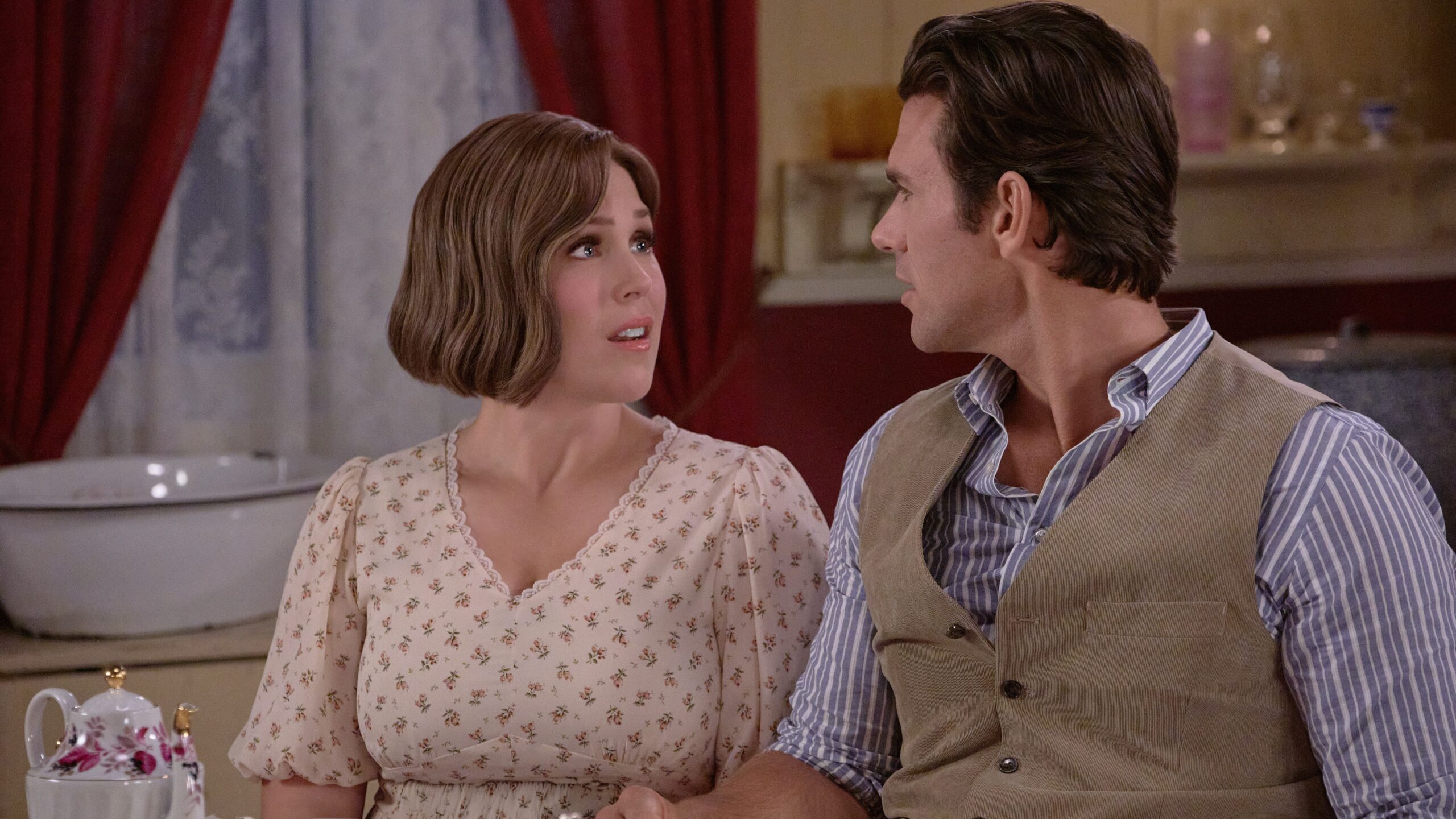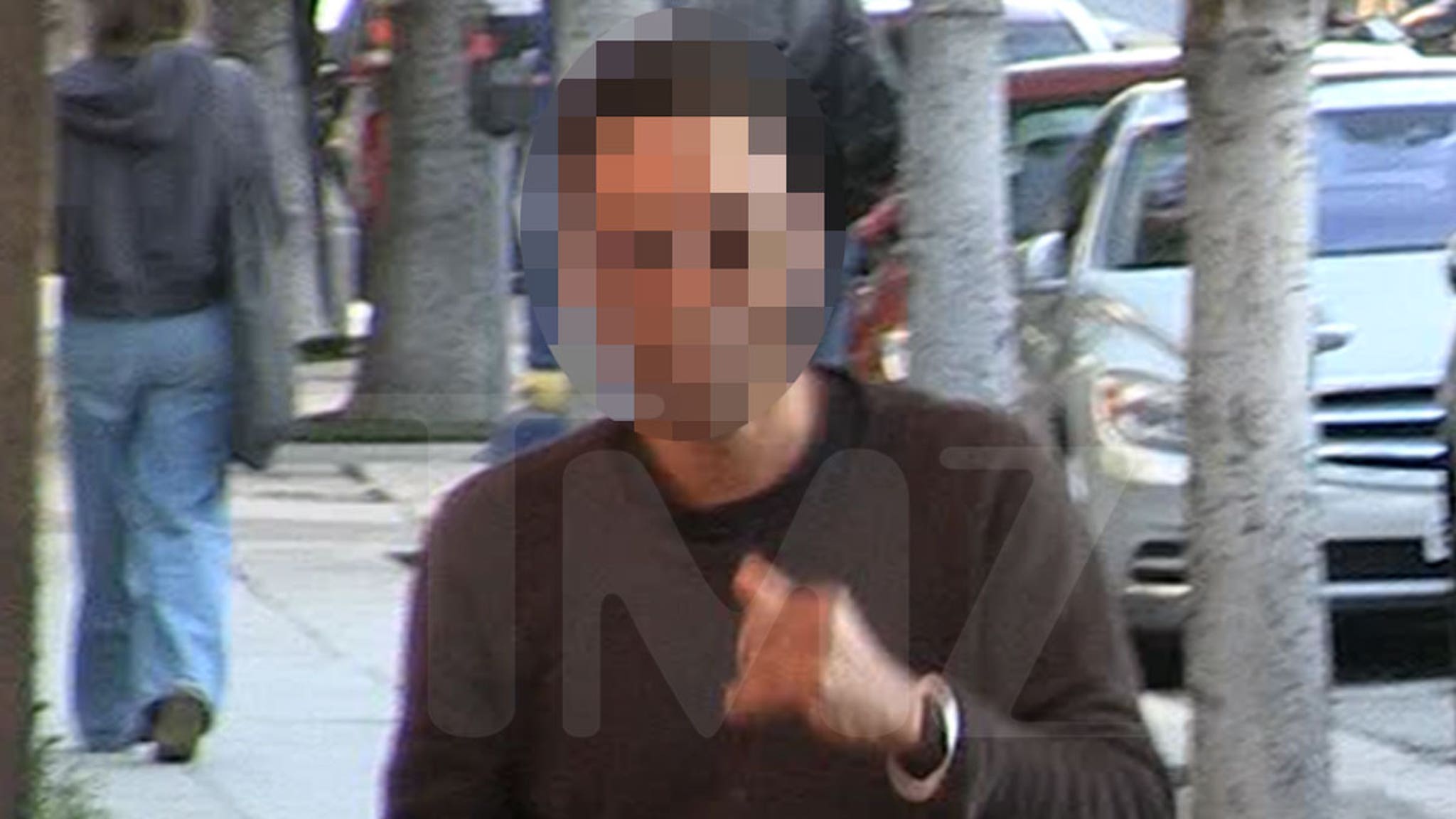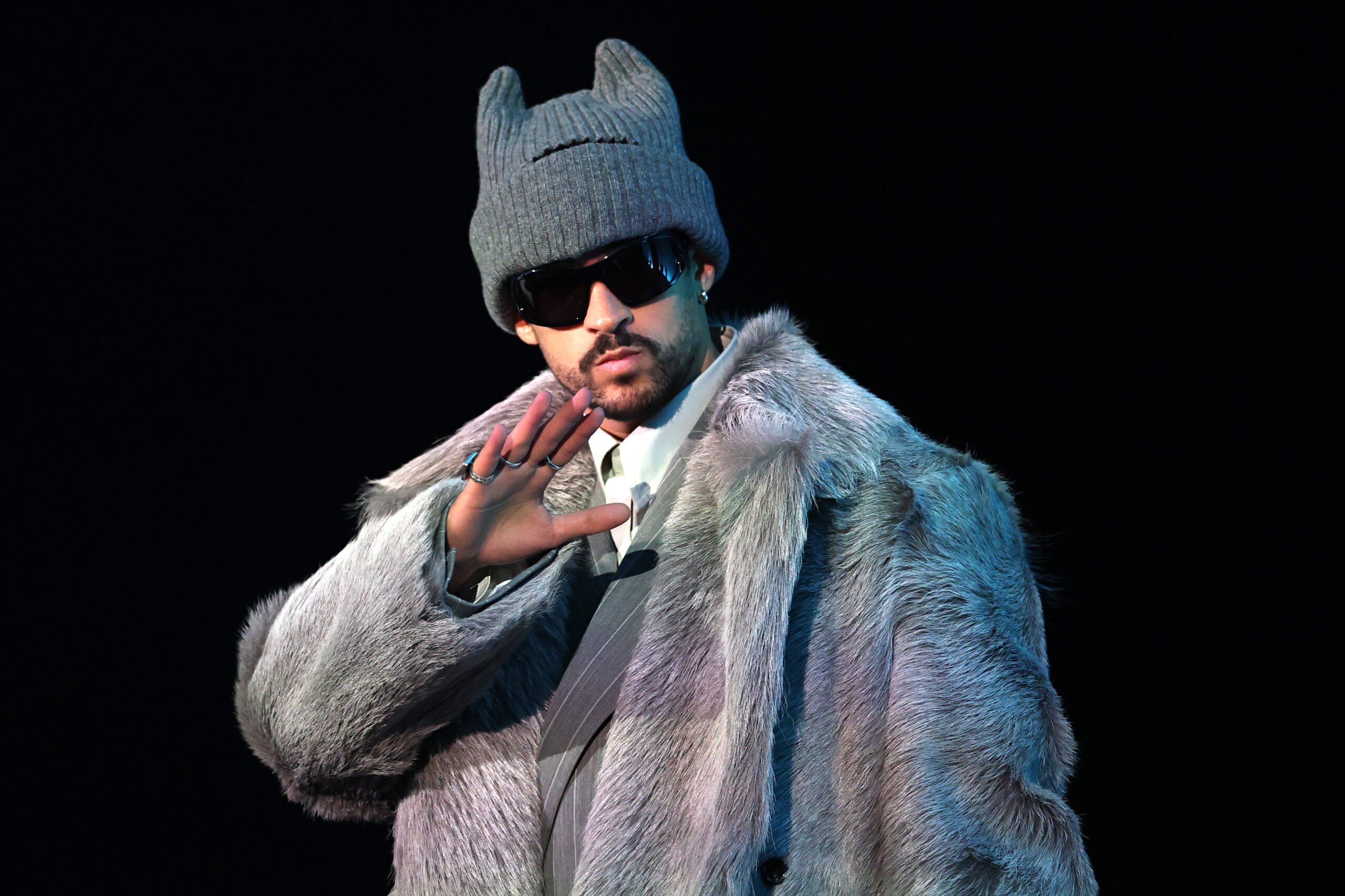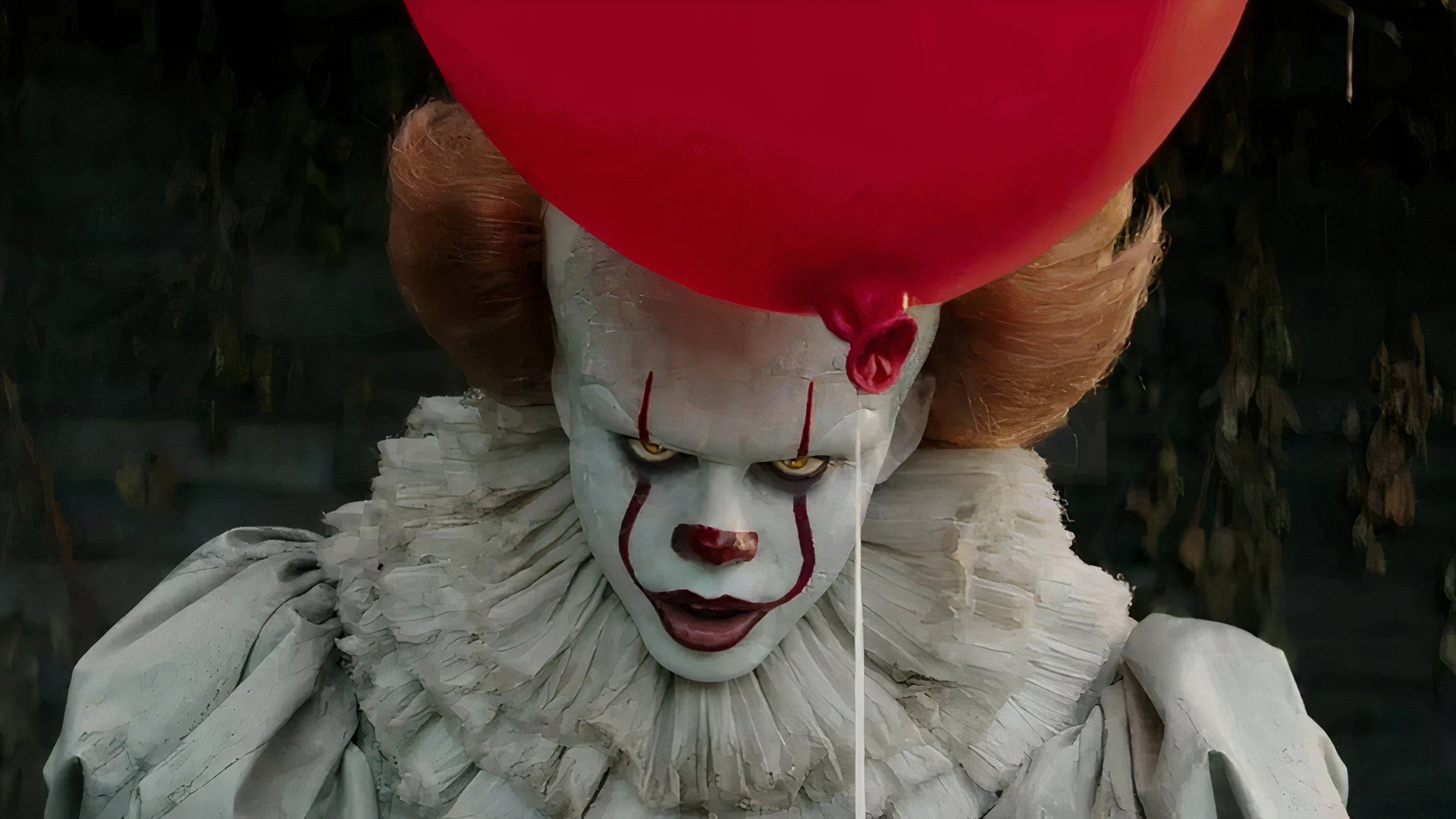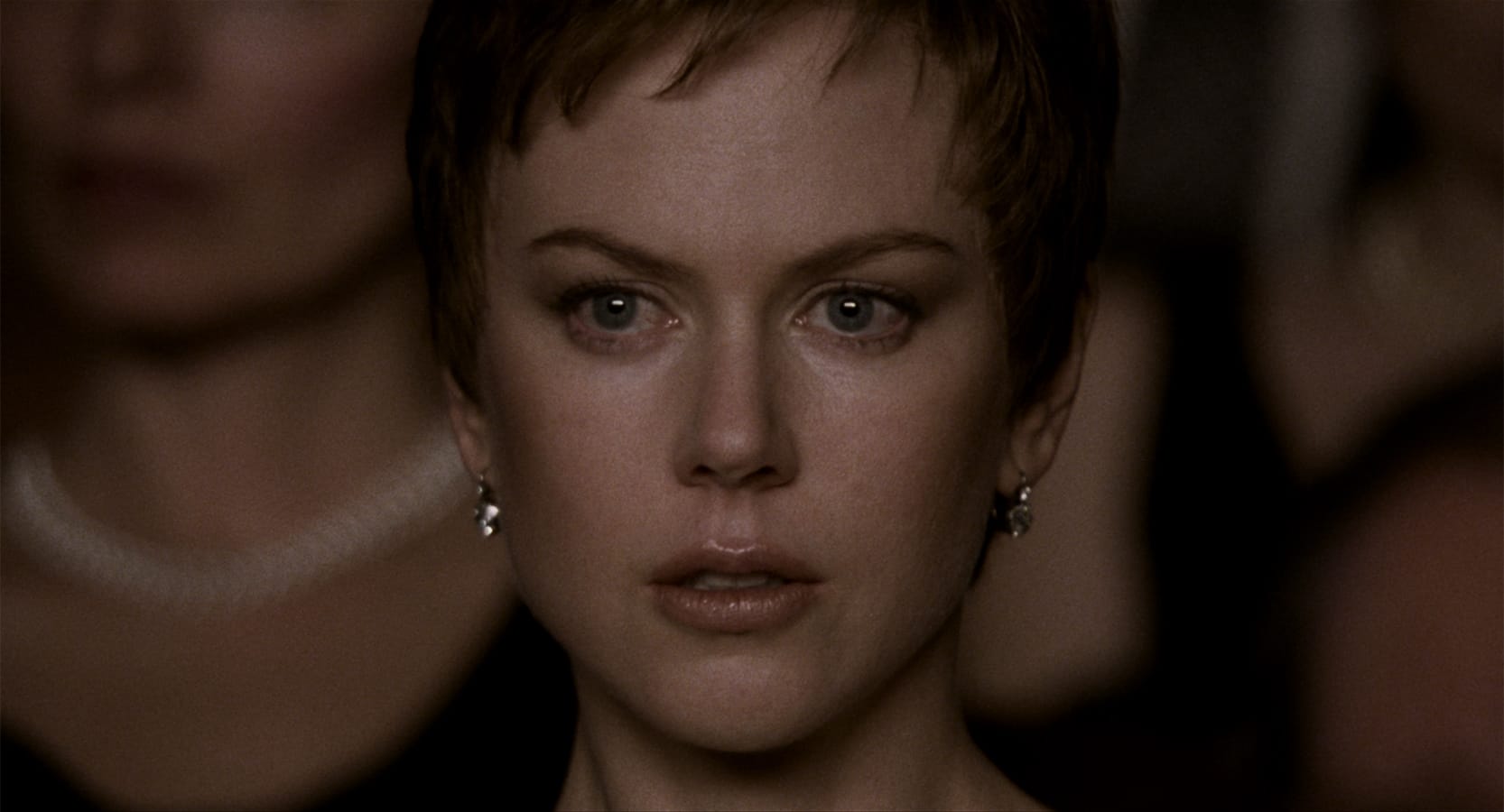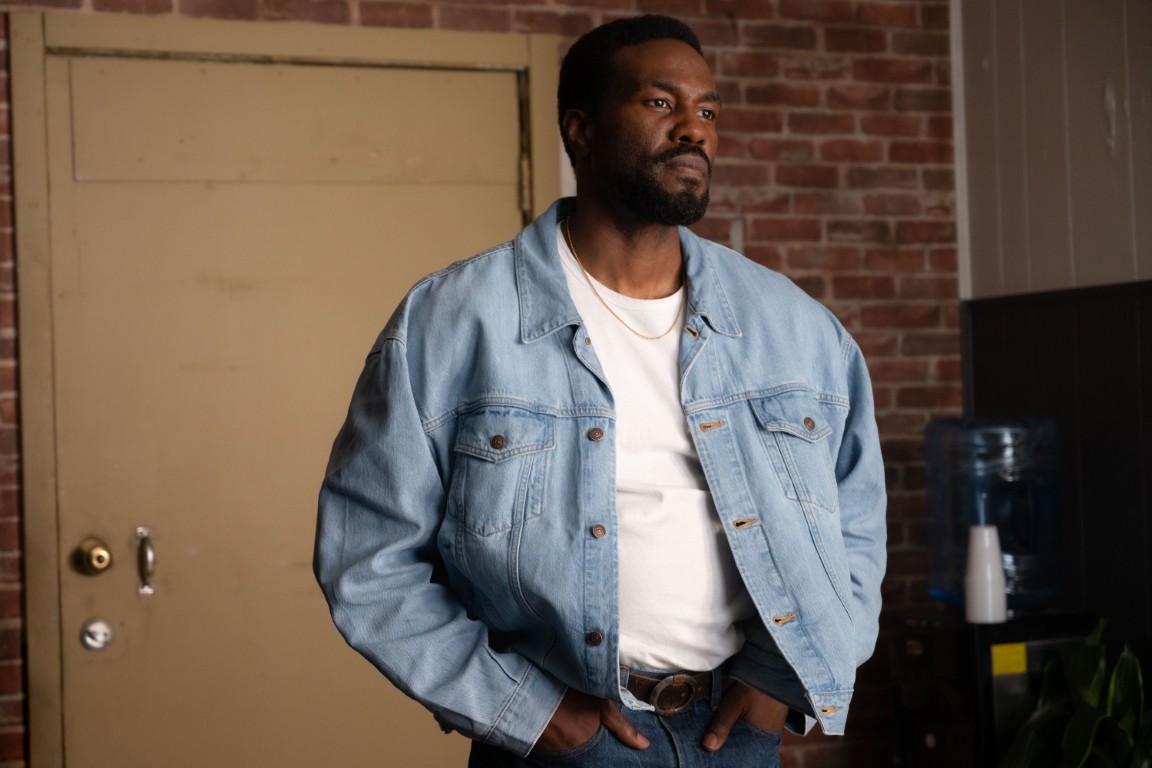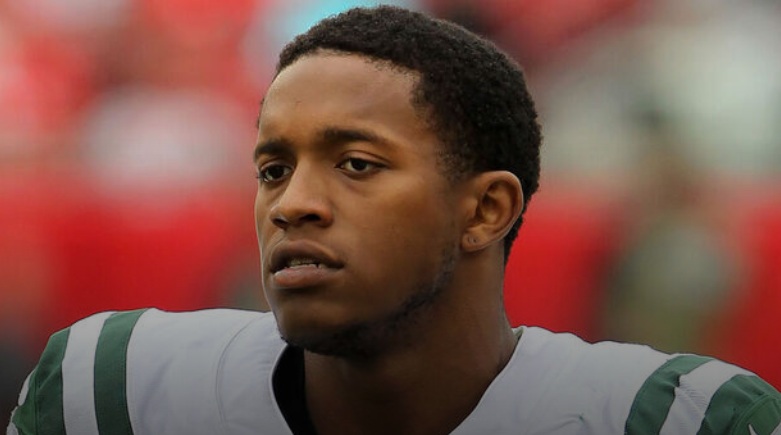

Summary
- Michael Emerson defends
Lost
series conclusion, embracing character-focused finale over unresolved mysteries. - Ben Linus symbolizes redemption, remaining outside church until personal growth is achieved.
- Show’s true commitment lies in character development over plot resolutions, offering fitting closure.
Lost series star Michael Emerson, known for his portrayal of Ben Linus, recently revisited the show’s conclusion, offering a robust defense during a promotional interview for his latest project, Fallout.
During the interview with Jake’s Takes, Emerson expressed a clear fondness for the series’ conclusion. His character initially appeared as a guest star in the second season, but quickly became a central figure due to his character’s intricate narrative arc. Despite the polarized response from the audience, Emerson stands by the creative decisions made. He said:
The ending is a great ending. It’s the biggest complaint I get on the streets.
The character of Ben Linus, known for his manipulative and often morally ambiguous actions, ended the series in a particularly reflective state, choosing to sit on a bench outside a church, watching as others entered. This moment, a symbol of his complex journey, sparked questions about his fate.
Release Date September 22, 2004
Seasons 6
Studio ABC
When asked about whether Ben might eventually follow the others into the church, Emerson offered a thoughtful perspective, saying:
Yes,
I think he will eventually, but he’ll have to lead a number of lives, and lead them more successfully than he had previously.
He’ll have to find his mirror redeemer so that he can then enter the chapel and walk away with another, like at the end of a Shakespearean comedy, everybody goes off in pairs to happiness or heaven.
Lost Finale Revisited: A Focus on Characters Not Mysteries
The finale of Lost is often criticized for what some viewers perceive as unanswered questions. However, this critique overlooks the core of what the show was about—its characters. From the beginning, Lost served as a narrative canvas for exploring the complexities of its characters through backstories and the unusual circumstances they faced on the island. The final episode, rather than tying up every loose end, chose to focus on the evolution of these characters.
Emerson’s reflections on Ben’s decision to remain outside the church in the finale are particularly illuminating. While other characters find their resolution within, Ben remains outside, a symbol of his ongoing struggle for redemption. Emerson suggests that Ben’s path to joining his friends inside is contingent on his ability to live through more experiences and achieve a greater sense of self-awareness and atonement.
This emphasis on character over plot puzzles is key to understanding why many, including Emerson, view the finale as fitting. While the show did address many of the larger mysteries—such as the origins of Jacob, the Man in Black, and the true purpose behind the island’s strange occurrences—it was the personal resolutions that stood at the forefront of the series’ conclusion.
Related 10 Highest-Rated Episodes of Lost The very best episodes of Lost combine jaw-dropping surprises with a heart-wrenching story.
Moreover, “The New Man in Charge,” an epilogue that features Emerson, ties up some of the residual enigmas of the series, such as the presence of polar bears on the island. This further pooints out that while Lost indulged in its share of mysteries, its true commitment was to its characters.
Through its six-season run, Lost was fundamentally a show about flawed, complex individuals navigating extraordinary circumstances. The finale’s focus on these characters’ resolutions—more so than the island’s mysteries—affirms the show’s narrative priorities and offers a closure that made sense on a personal level.
You can view the original article HERE.







